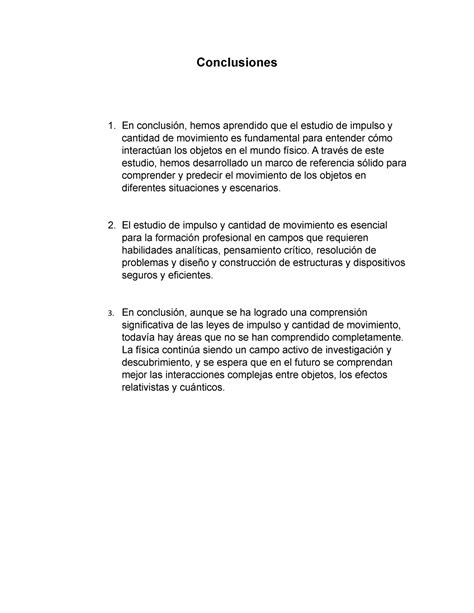Intro
Discover Carbidopa Levodopa side effects, interactions, and warnings. Learn about dopamine therapy, Parkinsons disease treatment, and managing levodopa complications, dosage, and contraindications.
The combination of carbidopa and levodopa is a widely used medication for the treatment of Parkinson's disease. This medication works by increasing the levels of dopamine in the brain, which helps to alleviate symptoms such as tremors, stiffness, and difficulty with movement. While carbidopa levodopa is an effective treatment for Parkinson's disease, it can also cause a range of side effects. Understanding these side effects is essential for patients who are taking this medication, as well as for their healthcare providers.
Parkinson's disease is a complex and debilitating condition that affects millions of people worldwide. The symptoms of Parkinson's disease can vary from person to person, but they often include tremors, rigidity, bradykinesia (slow movement), and postural instability. Carbidopa levodopa is a medication that has been shown to be effective in managing these symptoms, and it is often prescribed as a first-line treatment for Parkinson's disease. However, like all medications, carbidopa levodopa can cause side effects, and it is essential to be aware of these potential side effects to ensure safe and effective treatment.
The side effects of carbidopa levodopa can range from mild to severe, and they can vary from person to person. Some common side effects of carbidopa levodopa include nausea, vomiting, dizziness, and headache. These side effects are usually mild and temporary, and they can often be managed with dose adjustments or additional medications. However, in some cases, carbidopa levodopa can cause more severe side effects, such as dyskinesia (involuntary movements), hallucinations, and confusion. These side effects can be debilitating and may require adjustments to the treatment plan.
Introduction to Carbidopa Levodopa

How Carbidopa Levodopa Works
Carbidopa levodopa works by increasing the levels of dopamine in the brain. Levodopa is a precursor to dopamine, which means that it is converted into dopamine in the brain. When levodopa is taken alone, it is broken down by decarboxylase before it can reach the brain. By combining levodopa with carbidopa, more levodopa is able to reach the brain, where it can be converted into dopamine. This increase in dopamine levels helps to alleviate symptoms of Parkinson's disease, such as tremors, stiffness, and difficulty with movement.Common Side Effects of Carbidopa Levodopa

These side effects are usually mild and temporary, and they can often be managed with dose adjustments or additional medications. However, in some cases, carbidopa levodopa can cause more severe side effects, such as:
Severe Side Effects of Carbidopa Levodopa
* Melanoma (a type of skin cancer) * Neuroleptic malignant syndrome (a life-threatening condition that requires immediate medical attention) * Rhabdomyolysis (a condition that causes muscle breakdown) * Severe dyskinesia (involuntary movements that can be debilitating)It is essential to report any side effects to a healthcare provider, as they can help to manage them and adjust the treatment plan as needed.
Managing Side Effects of Carbidopa Levodopa

It is essential to work closely with a healthcare provider to manage side effects and adjust the treatment plan as needed.
Benefits of Carbidopa Levodopa
Despite the potential side effects, carbidopa levodopa is a highly effective medication for the treatment of Parkinson's disease. The benefits of carbidopa levodopa include: * Improved motor function: Carbidopa levodopa can help to improve motor function, reducing symptoms such as tremors, stiffness, and difficulty with movement. * Increased independence: By improving motor function, carbidopa levodopa can help people with Parkinson's disease to maintain their independence and perform daily activities with greater ease. * Enhanced quality of life: Carbidopa levodopa can help to improve overall quality of life, reducing symptoms and allowing people with Parkinson's disease to live more fulfilling lives.Long-Term Effects of Carbidopa Levodopa

It is essential to work closely with a healthcare provider to monitor for potential long-term effects and adjust the treatment plan as needed.
Alternative Treatments for Parkinson's Disease
While carbidopa levodopa is a highly effective medication for the treatment of Parkinson's disease, there are alternative treatments available. These include: * Dopamine agonists: These medications mimic the action of dopamine in the brain, helping to alleviate symptoms of Parkinson's disease. * MAO-B inhibitors: These medications block the action of an enzyme called monoamine oxidase B, which is involved in the breakdown of dopamine. * Deep brain stimulation: This is a surgical procedure that involves implanting an electrode in the brain to help control symptoms of Parkinson's disease.It is essential to discuss alternative treatments with a healthcare provider to determine the best course of treatment.
Conclusion and Future Directions

As research continues to advance, it is likely that new treatments for Parkinson's disease will become available. These may include new medications, surgical procedures, or other therapies. It is essential to stay informed about the latest developments in Parkinson's disease research and to work closely with a healthcare provider to determine the best course of treatment.
What are the common side effects of carbidopa levodopa?
+The common side effects of carbidopa levodopa include nausea, vomiting, dizziness, and headache. These side effects are usually mild and temporary, and they can often be managed with dose adjustments or additional medications.
How does carbidopa levodopa work?
+Carbidopa levodopa works by increasing the levels of dopamine in the brain. Levodopa is a precursor to dopamine, which means that it is converted into dopamine in the brain. Carbidopa blocks the action of an enzyme called decarboxylase, which breaks down levodopa before it can reach the brain.
What are the benefits of carbidopa levodopa?
+The benefits of carbidopa levodopa include improved motor function, increased independence, and enhanced quality of life. Carbidopa levodopa can help to alleviate symptoms of Parkinson's disease, such as tremors, stiffness, and difficulty with movement.
We hope this article has provided you with a comprehensive understanding of carbidopa levodopa and its side effects. If you have any further questions or concerns, please do not hesitate to comment below. We encourage you to share this article with others who may be interested in learning more about Parkinson's disease and its treatment options.
